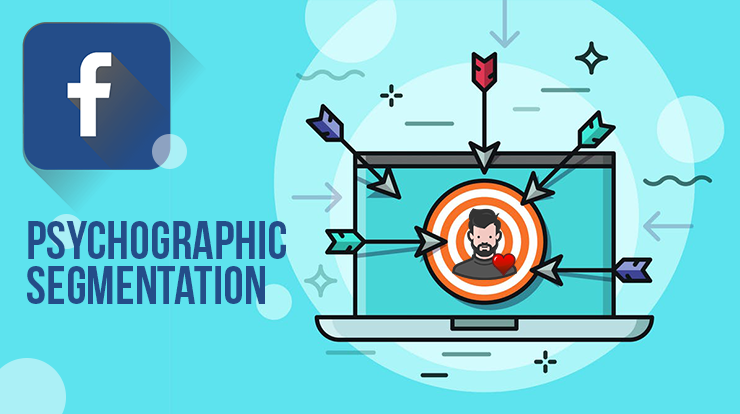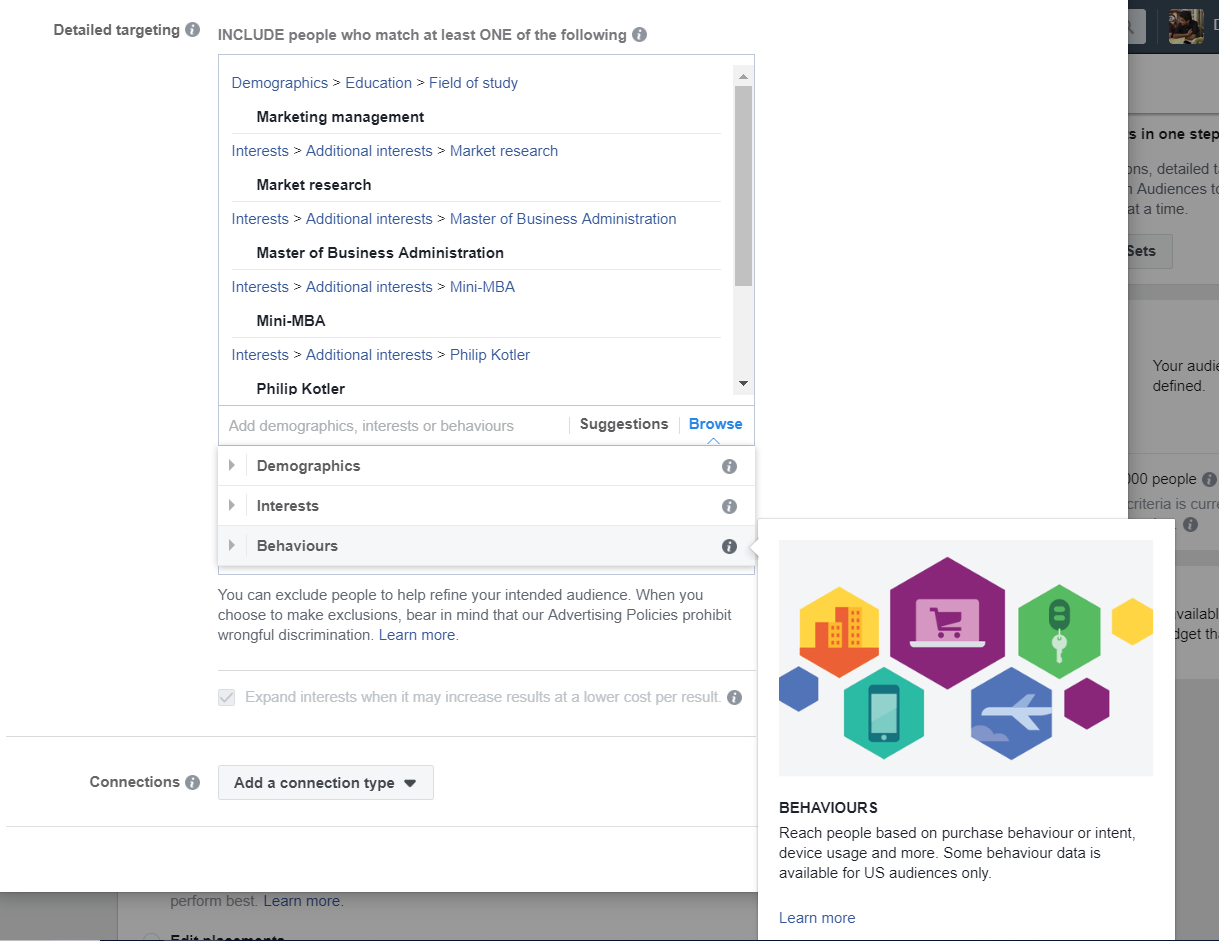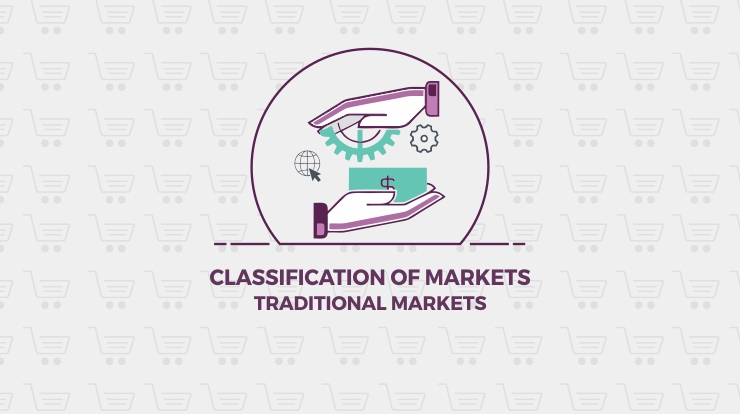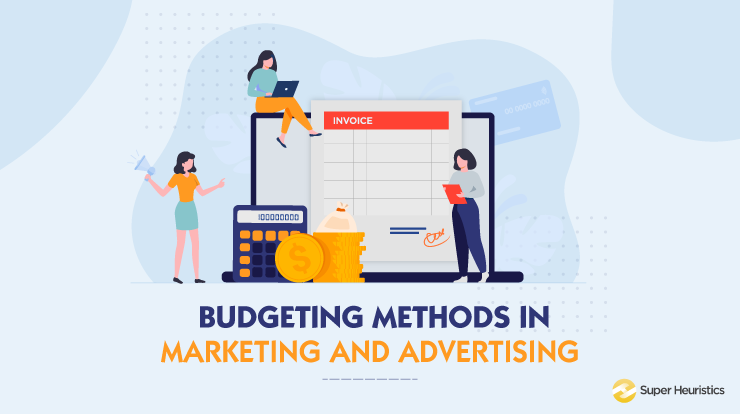
Would you really want to know a better use of Psychographic segmentation than this?
I don’t think so.
This article is probably 7 months late or 5 months in advance of (the Valentines week) when I should have told you about this.
But anyway, here’s what it is.
I can’t think of it if there exists a standard way to start a relationship.
Some people start off with friendship and carry on with it until a time comes when tension builds up and a sudden rush of passion kicks things off.
Some of the others go on a date, followed by many other dates, realizing pretty soon that the relationship should now be official.
In both the cases, they spend a good amount of time with each other knowing each other’s likes and dislikes before they really try to get that person ‘on-board’.
In fact, much before all of that happens, you surely think of the kind of person you would want to be with. Some criteria, some visualizations.
And probably then you narrow down all your effort to the person you like, the one who you think fits your criteria.
At some point in your life, you too might have gone on this ‘chase’ to flatter the person you desire. But the fun part is, if you realize, even YOU are being ‘chased’ in a similar fashion by some really bright minds.
They want you to like them back, or maybe just their Facebook page, or even buy their creation.
And you most likely will do that, because your interests match with what they are doing.
They want you to indulge in their creation, revel and share that excitement with others.

You know who these chasers chasing you are. Most of you are a part of this group of chasers yourself.
These are the ace marketers who are out there, willing to capture your imagination and make you fall in love with their products.
What is Psychographic Segmentation?
Here’s the definition:
Psychographic segmentation of the market is a bottom-up approach of dividing your market on the basis of psychology and demographics.
Psychographic segmentation mainly considers lifestyle, attitudes, consumer traits, likes, dislikes consumer beliefs and values.
This comes from that fact that even within one demography there could be different kinds of people. And only once we combine psychology with the demographics shall we get the best possible, actionable and fruitful segments.
Using psychographic segmentation helps the company to know at an even finer level about their real and potential customers.
This, therefore, makes all the marketing effort extremely focused and worth every buck you spend on it.
Make them fall in love with you
Here’s an interesting quote that I read on the internet. This one is by the businessman and motivational speaker, Brian Tracy. He says:
“This six-word formula is the recipe for high income in every market: Spend more time with better prospects.”
What do ‘better prospects’ even mean?
The better prospects are the people who you know have similar proclivities as you do. Or, the ones who have traits that complement your’s and make you compatible for an association.
Then you spend more time with them and make it happen.
Compare this to a classic marketing situation.
You find the better prospects, the ones who do the things that coincide with the purview of your business (like Kindle for the people who like to read).
Or, the ones who do complementary things (say, creative people – ideators) and would want you to fill the gap (a community of coders to develop that idea, which is the service you provide).
And once you have spotted them with psychographic segmentation, you spend time with them. In the marketing sense, you nurture those leads, shower them with deals and offers and eventually on-board them as a customer.
A classic example of Psychographic Segmentation for Marketers
You and I are Facebook users. While we both of us, you and I, use Facebook for recreation and networking, I also happen to use it to run ads.
And probably you have been able to find me on this blog writing out to you through one of those Facebook ads only.
It is an amazing place to advertise. It is one such place where people spend as much as 50 minutes of their time each day browsing through the news feed.
Those – 50 minutes – is a lot of time. That is 50 minutes of undivided attention where you are basically willing to view as much content as Facebook can show you – scrolling further and further to view more.
But here’s the thing. When the marketers show their ads on Facebook not only marketers and the social media platform benefit but the targeted audience also wins.
Want to know how?
Simple, the answer is – because of Psychographic segmentation.
The image below is of my Facebook Ads Manager, where I am setting up my latest ad for the marketing interview e-book that I created.

The image shows how I am setting up my audience for the ad in Facebook.
Facebook’s ad platform allows you to set your audience by telling Facebook what is likely to be the age, gender, nationality – i.e. demographics, educational qualifications, interests, and a few other things.
Naturally, because Super Heuristics is a marketing blog and my e-book is for the MBA students, I set up the interest parameters with things like
- Master of Business Administration
- MBA
- Indian Institute of Management
- IIM
- Marketing
- Philip Kotler
…and so many other interests that my target audience is likely to have.
When I am writing this article, it has been just 3 days that I ran these set of ads and I have around 150 leads from it till now.

I had around 10 of these 150 mail me back telling them how much they liked the book.
I responded back to them with the link to another free e-book of mine on How to Analyse Marketing Case Studies – which they would definitely find even more valuable as they were Marketing students in MBA colleges.
So, what did just happen over here?
Did I strip them of their cash and annoyed them with my ads?
No.
In fact, I brought them something which they would cherish especially when they have their summer placements lined up. And the fact that they mailed me shows that the book did matter to them.
Conclusion
In digital marketing, Facebook advertisements are one of the best examples of psychographic segmentation. That’s true because everyone builds their Facebook profile based on their personality and psychology.
On the basis of this Facebook helps both the company and the people meet the right kind of other people and products. This makes it a win-win situation for all the parties involved.
The most interesting thing about psychographic segmentation is, that our choices speak a lot for our personality.
Segmentation plays a key role in helping companies achieve its target sales. It even helps the companies to reduce their aggressive marketing costs. They are now utilized catering to the likeminded customers.
And finally, it is needless to say that marketers need to constantly conduct surveys, polls to keep a track of the dynamic and the ever-changing needs of the target audience.






